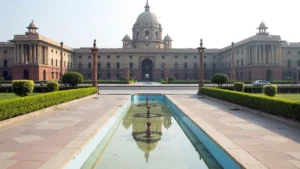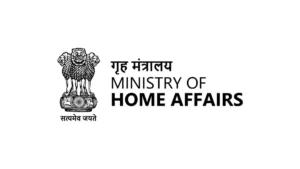The Foreign Contribution Regulation Act (FCRA) licence of the International Cooperative Alliance (ICA) was cancelled by the Union Home Ministry for alleged rule violations. The ICA, established in 1895, is an apex body representing cooperatives worldwide and has over 1 billion members.
FCRA Licence Cancellations for NGOs
Key Details: The FCRA licenses of several NGOs, including CNI Synodical Board of Social Service, Voluntary Health Association of India, Indo-Global Social Service Society, and others, have also been revoked. The Ministry of Home Affairs (MHA) cited alleged illegal activities, such as illegal conversions, anti-CAA funding, and other criminal activities.
Prior Reference Category for Foreign Donors
Watchlist Actions: The MHA placed 10 foreign donors from Australia, America, and Europe on its watchlist, resulting in the Reserve Bank of India instructing banks not to clear funds without MHA permission. These donors work in fields like climate change, environment, and child rights.
Overview of the Foreign Contribution (Regulation) Act, 2010
Key Points: The FCRA, 2010 regulates foreign funding for persons and entities in India:
- Implemented by the Ministry of Home Affairs.
- NGOs must register every five years and can receive funds for social, educational, religious, economic, and cultural purposes.
- Individuals can accept foreign contributions under ₹25,000 without MHA permission.
- Restrictions include barring public servants from receiving contributions and requiring Aadhaar for registration.
FCRA Amendment Act, 2020
Key Amendments
- Public servants are prohibited from receiving foreign contributions.
- Foreign contributions can only be received in designated State Bank of India accounts in New Delhi.
- Administrative expenses for NGOs cannot exceed 20% of total foreign funds (down from 50%).
Issues Related to FCRA
Concerns
- The FCRA’s definition of “public interest” is vague, giving the government excessive discretionary powers.
- It potentially affects freedom of speech (Article 19(1)(a)) and freedom of association (Article 19(1)(c)) under the Constitution.
- There is fear that FCRA norms may induce self-censorship among NGOs due to potential government action.
Way Forward
Recommendations: While it’s necessary to regulate corrupt NGOs, excessive restrictions may hinder their crucial grassroots work. Clear definitions and guidelines on terms like “public interest” are essential to avoid arbitrary enforcement. Regulation should not discourage sharing of resources unless there’s evidence of misuse for illegal activities.




 Govt Launches Mobile Labs to Check Natio...
Govt Launches Mobile Labs to Check Natio...
 Big Change at Rashtrapati Bhavan! Lutyen...
Big Change at Rashtrapati Bhavan! Lutyen...
 India Launches ‘Prahaar’: New National C...
India Launches ‘Prahaar’: New National C...








